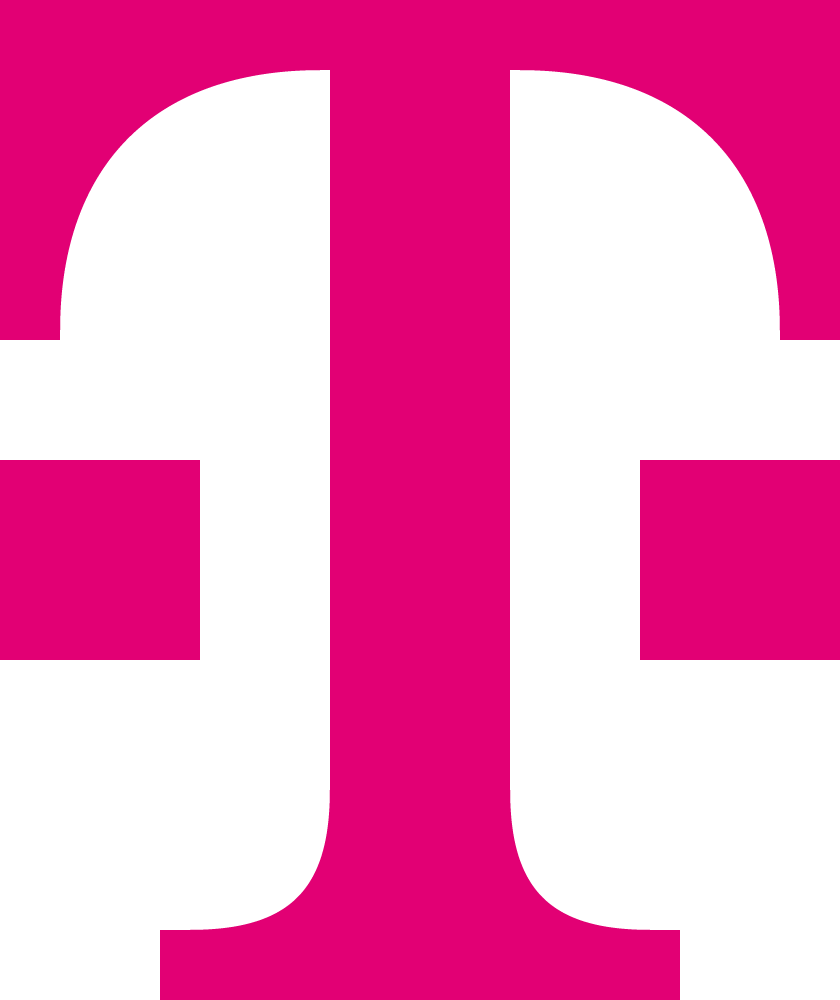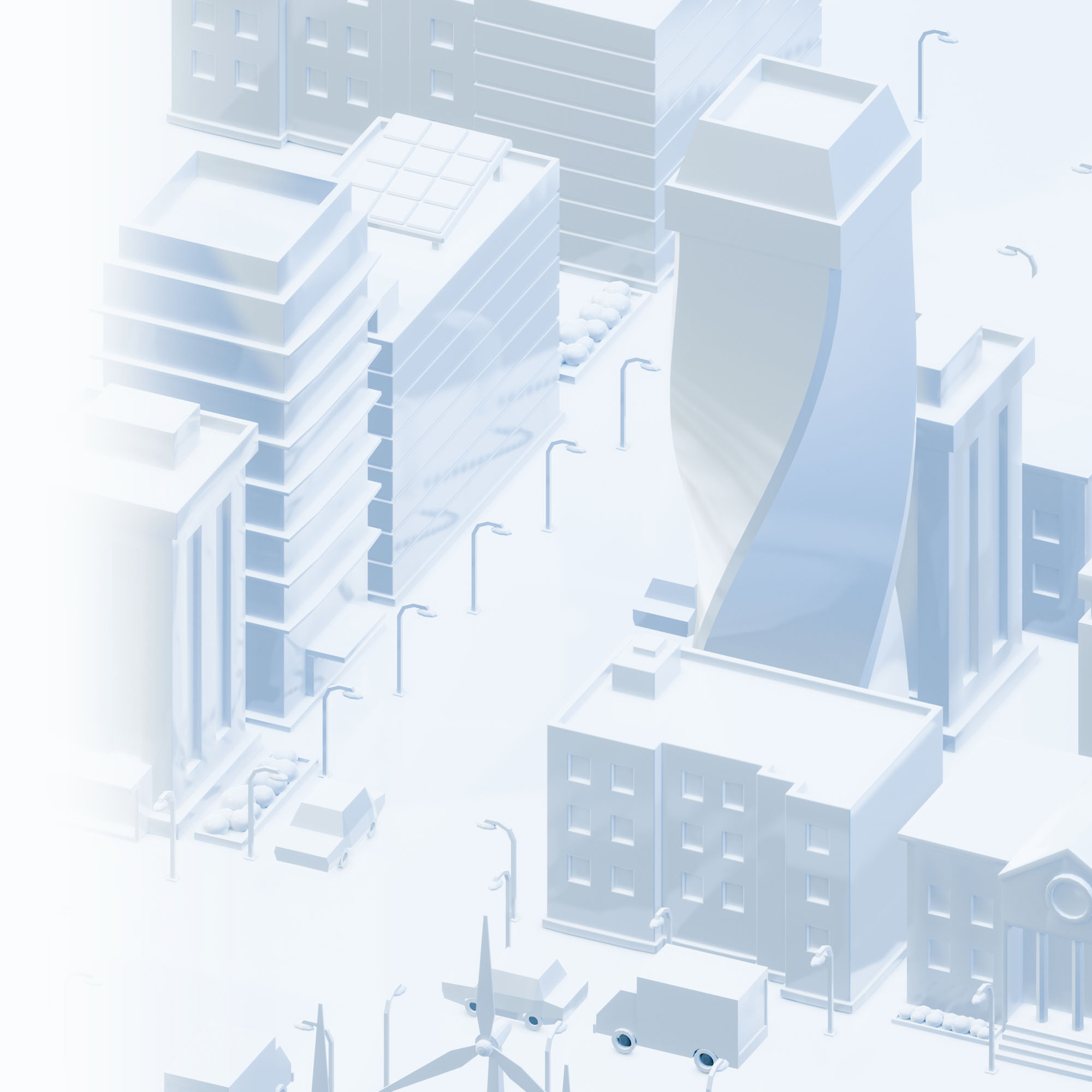Making the Green Deal the Real Deal
As Deutsche Telekom we help our customers in Europe to save 331 percent – or four times – more CO2 than we emit as a company – with our networks, data centers and cloud offerings, with smart applications for cities, factories and homes.
Read more in this column by Dominique Leroy, Business in Europe in the Board of Management of Deutsche Telekom AG.

